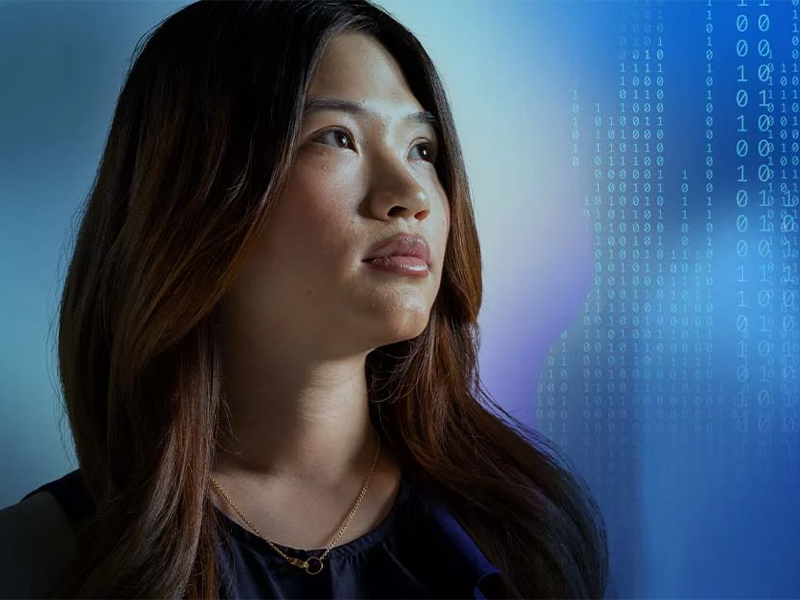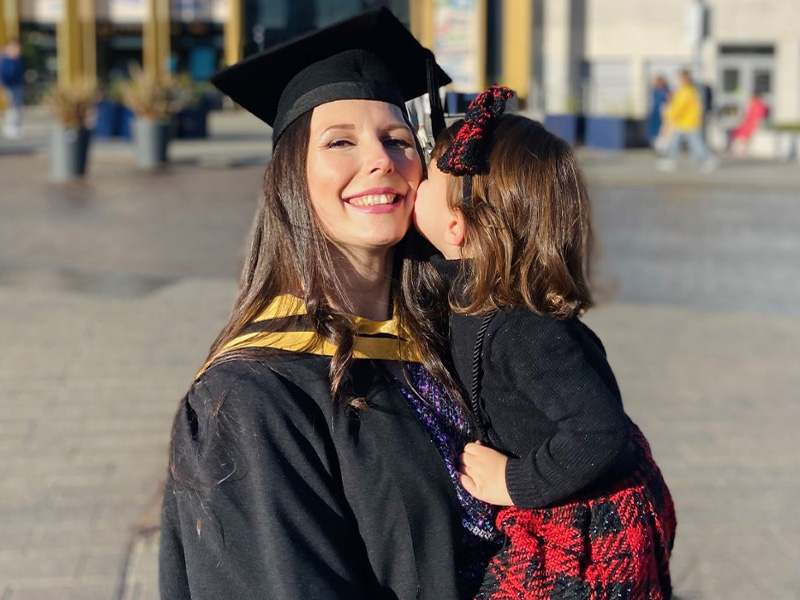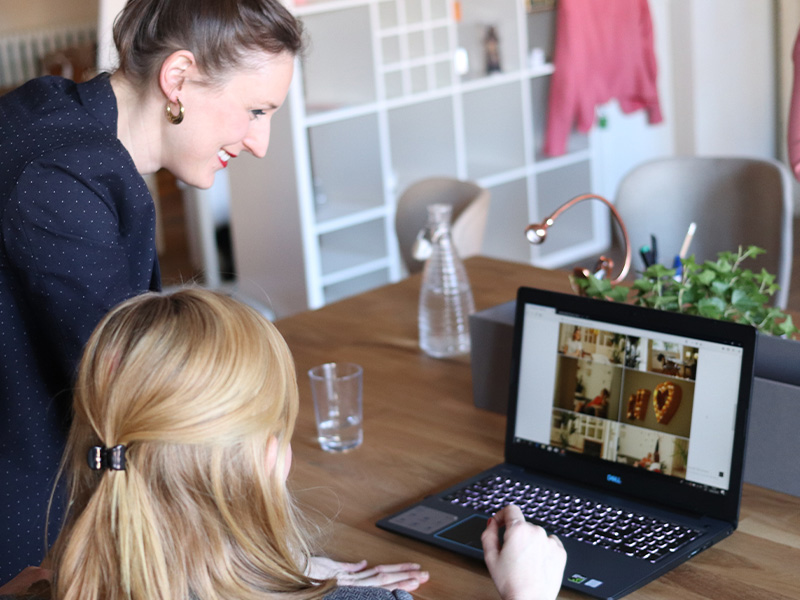Universities have modified their MBA programmes to include activities that confront participants with real-world business challenges.
The MBA is designed to propel professionals into the top echelons of the business world. But how do MBA programmes give students a taste of the real business action?
While enrolled in an MBA programme, students want to be sure that they will not be stuck on campus for the whole duration of the course. They need to know that at least for a while they will leave the orderly academic life and be granted access to the topsy-turvy business world. And business schools are more than happy to oblige. Over the last decade or so, universities have modified their MBA programmes to include activities such as field trips, meetings with executives, mentorship programmes, etc; all with the aim of confronting participants with real-world business challenges.
Trotting around the globe
International travel has become one of the key features of MBA programmes, partly because of the need to show students how business is done in different corners of the world. Travelling is more popular at business schools in the United States where most of the students are American and are less likely to have international work and travel experience. MBA classes in Europe are more international and travelling abroad is not that high on the students’ agenda.
These trips can take various forms: from short, one-week course projects to whole semesters abroad. Their aims also differ. Some are purely for the experience, while others can be long and arduous, culminating in a job offer from Amazon or Eli Lilly.
INSEAD (France), for example, offers a range of popular electives that take learning beyond the classroom. Courses such as “Building Businesses in China” or “Building Businesses in Silicon Valley” give students the opportunity to meet a variety of alumni, entrepreneurs, and executives in different countries, allowing for hands-on learning. The trip to Silicon Valley, for example, may see students meet the founders of billion-dollar companies, renowned venture capitalists, and top head-hunters. These field trips also include visits to the headquarters of companies such as eBay and Google.
The trip to Silicon Valley in particular reflects INSEAD’s desire to remain abreast of technological progress. Driven by the transformation in the global workplace, the school announced in March 2017 that it will modify its MBA curriculum to include new topics such as fintech, big data, and social media analytics.
Prepare for some action
Field trips are a good way of introducing students to new places and different corporate cultures. What is more, they always have an air of adventure and holidays about them. Some MBA activities do not even pretend to be educational, such as the skiing trips that have become a trend across MBA programmes. The University of Michigan’s Ross School of Business (US), however, has chosen another method to expose its MBA students to the real world of business. Ross’s Multidisciplinary Action Project (MAP) is quite intense and is the students’ sole focus for seven weeks. The business school works with partners such as Accenture, Eli Lilly, Procter & Gamble, Heineken, and Amazon. A team of students spends seven weeks with one of these partners, enabling both sides to decide if they want to work with one another. Over the course of seven weeks, students in four- to six-person teams, guided by faculty members, tackle a complex business problem for a company or non-profit. Students travel to spend time in the field and with clients, with the sponsor covering travel and living expenses. This is no hypothetical case or project: MAP projects are real – and sponsor organisations expect students to deliver clear outcomes.
The programme started in 1992 as a way to foster greater connections between Michigan MBA students and the greater Detroit business community. Today, the MAP course is a hallmark of the Ross Full-time, Evening, Weekend, Global, and Executive MBA programmes – involving more than 500 students each year.
Executives on campus
Instead of organising trips to corporate headquarters, some business schools, such as the Frankfurt School of Finance & Management (Germany), invite CEOs and other business executives to their campus. Each month Frankfurt School’s MBA students have a boardroom meeting with leaders from German industry and business. Previous events have included top executives such as Klaus-Peter Mueller, Chairman of Commerzbank, Lutz Raettig, Chairman of the German subsidiary of Morgan Stanley, ex-Hesse State Premier Roland Koch, and many more. The overall goal is to introduce students to decision-making processes and experience as presented by successful executives. The programme participants are thus able to learn business etiquette and extend their network.
The Frankfurt School is not the only one to make a practice of inviting top executives to its campus. Chief executives are now spending more time on college campuses and some, such as David MacLennan, CEO of US commodities trader Cargill Inc., go as far as to contact top MBA students personally in the hope that a direct connection will persuade them to work for the company.
Having Roman Abramovich as your personal mentor
Russia’s young corporate talent generally finds US and European MBA programmes more attractive than domestic courses. In an effort to change that, at least to some degree, Moscow School of Management Skolkovo (Russia) launched a redesigned MBA programme in 2014. To make the new course more enticing and to grant its students access to the real business world, the business school introduced a programme that pairs each MBA participant with a mentor who is considered a member of Russia’s business elite, such as billionaire Roman Abramovich or philanthropist and businessman Ruben Vardanyan.
In addition, small business owners and those going through the programme without full-time jobs can complete internships at companies such as Credit Suisse and MasterCard.
The school chooses professors with solid ties to industry. They come from schools such as INSEAD (France), Cambridge (UK), Stanford (US), and IMD (Switzerland) and are either entrepreneurs or are running successful international consulting practices.
Learn more about MBA programmes at IMD by taking a look at this handy school profile.
Hands-on projects with social impact
ESADE (Spain) offers not one but several initiatives that enable students to go beyond the typical case study and implement their ideas in a corporate setting. The Action Learning Consultancy Project (ALCP), for example, is a three-month, hands-on chance to analyse a real-world business problem and propose a consultancy-style solution. ALCP takes place in ESADE Creapolis, an innovation centre that is home to more than 70 companies, including many start-ups. Students work in teams of three or four. The challenges provided by companies can be in any functional area: HR, corporate strategy, marketing, finance, or innovation. International students can become familiar with Spanish companies and business culture, and everyone can learn first-hand about the problems and opportunities that companies face in the local and global arenas. The list of companies which have taken part in previous action learning projects at ESADE includes Abbvie, Bicentury, Gallina Blanca, Intergroup, Menkes, Mstake, Novartis, Quimera, Sanofi, and Somrie.
A team of ESADE’s MBA students, together with students from Barcelona Design School (IED) and Barcelona School of Telecommunications Engineering (ETSETB), was chosen in December 2016 to take part in the international Challenge Based Innovation project in collaboration with CERN. After two weeks of learning with scientists at CERN’s facilities in Geneva, students from the three schools worked together with students from Italian, Norwegian, Finnish, and Australian universities. Their goal was to create new products and services that solve some of the problems currently facing society in three areas: engineering (providing technological solutions), management (overseeing and ensuring the feasibility of the project), and design (facilitating the usability and experience of the product or service).
In addition, ESADE’s MBA students can participate in the Solidarity Consulting Programme where they can apply their acquired knowledge in a hands-on project with social impact. The projects offered as part of this programme are located in developing countries such as Guatemala, Nicaragua or India. Their goal is to contribute to strengthen organisations devoted to the promotion of a fairer society. Placements in these countries last about ten weeks.
All these examples serve to demonstrate the great variety of projects across MBA programmes offering exposure to hands-on experience. The world of business and innovation is too fluid and dynamic to be examined solely in cloistered campuses, and business schools realise that. There is a lot to choose from. Just look around and see what takes your fancy.
Learn more about MBA and meet top business schools’ admissions directors in person!
When: January 22, 2019
Where: Le Méridien Piccadilly, 4.30pm to 9.30pm
Registration: Online registration is free of charge on https://www.accessmba.com/link/B7D. By registering at least ten days before the MBA event, event participants will receive a profile evaluation and a personalised consultation to identify the most suitable business schools at the event









